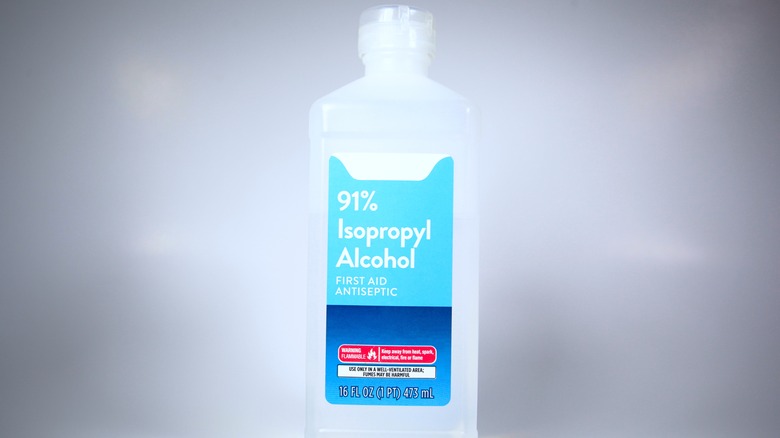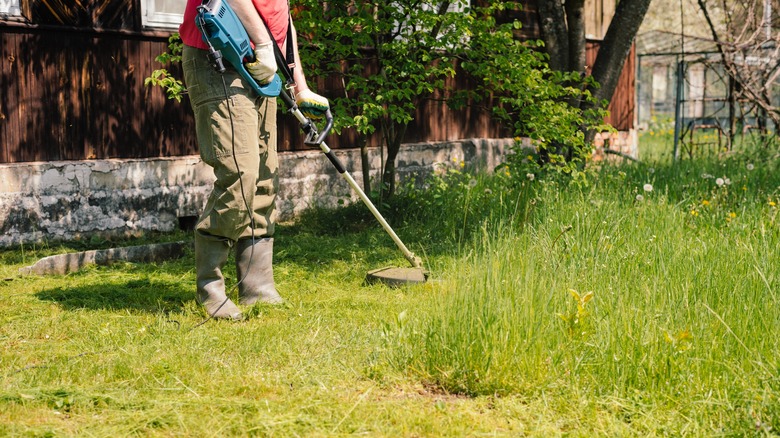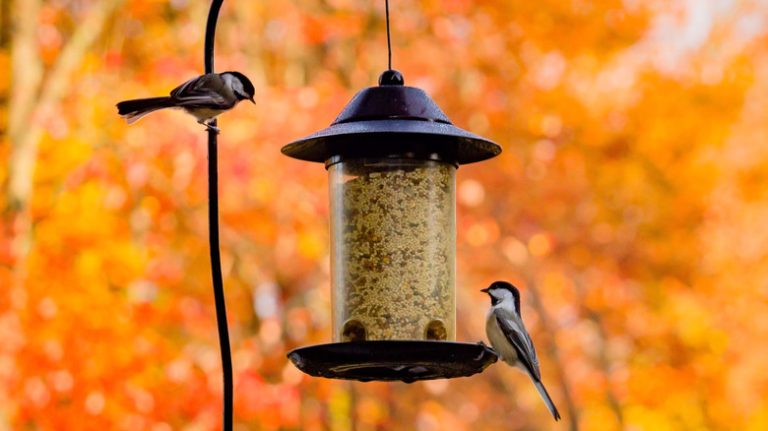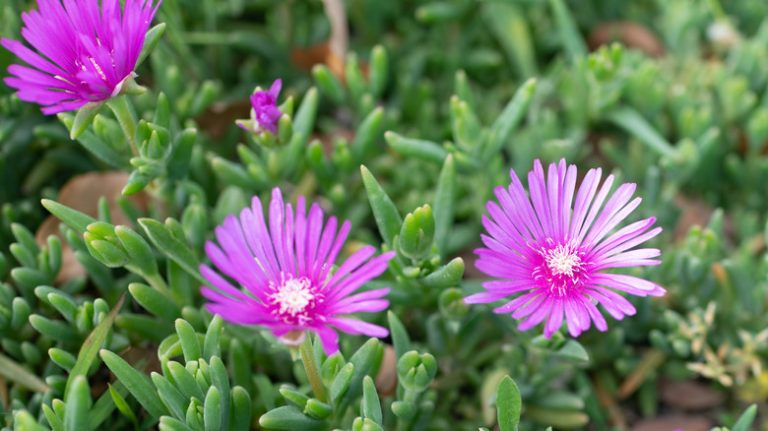We may receive a commission on purchases made from links.
Finding snakes slithering through your yard can be unsettling. It can make you feel uncomfortable walking around your garden, and you might feel wary of letting your kids or pets run wild on the grass. If you’ve noticed an uptick of slithering pests in your yard, you might be researching ways to repel them naturally. It’s a great way to save a few bucks before calling an exterminator or wildlife expert, but not all deterrents are created equally. While some have scientific backing, others have only anecdotal success — and then some are just pure fiction. So, when it comes to using rubbing alcohol to deter snakes, will you find any success using this simple tactic? The short answer is no.
There is no scientific evidence to back up this claim. There also isn’t much anecdotal evidence. The hack might have been suggested due to the fact that rubbing alcohol has a sharp, unpleasant smell that can offend the snake’s sense of smell, making it head in the opposite direction. At first glance, this makes sense since these reptiles have a keen sense of smell due to having poor eyesight. However, it isn’t strong enough to prevent them from coming into your yard in the first place. Let’s take a look at why.
Why rubbing alcohol isn’t effective at deterring snakes

It turns out that snakes aren’t overly bothered by too many pungent smells. For example, a 1985 study sponsored by the Pesticide Impact Assessment Program found that not many smells deter snakes from entering a location. They tested 12 scents that were thought to repel the reptiles, from moth balls to cedar oil, and found that none of them worked. Admittedly, there haven’t been many studies done on the subject, so there needs to be more research in order to understand what can naturally repel snakes.
However, if you’re at your wits end and want to try a scent-based deterrent before calling in the professionals, the U.S. Animal Plant and Health Inspection Services recommends using cinnamon, clove oil, or eugenol since those three have been scientifically proven to garner some results.
The rubbing alcohol hack might have become a rumored repellent due to having some success in harming the animal. Some people have anecdotally found that using rubbing alcohol helps when a snake constricts around perceived prey or locks into a bite. You’re to spray it into their mouth to force them to detach. However, this isn’t the same as deterring them from entering your yard in the first place.
What to do instead

So, how can you remove snakes from your yard? There are several things you can do to deter them. First, you can use commercial sprays, most of which use cinnamon or clove oil in their recipes. For example, Bonide Snake Stopper Spray Repellent contains cinnamon and clove essential oils as its active ingredients and only costs $20 on Amazon. You can also try out Snake Defense Natural Snake Repellent, which also uses clove and cinnamon oils and costs $24 on Amazon.
If you would rather not use a product you need to buy, there are several other ways you can minimize their presence. The first is to get rid of their shelter and food source. Snakes love tall grass or debris they can hide in, so make sure your lawn is mowed, and you don’t have piles of leaves or wood lying around. They also love moisture, so damp lawn spots or overwatered areas will be an invitation to come in. They also go where there is easy prey, so make sure you don’t have any rodents in your yard that could attract them. If you have mice, rats, or insects taking up space in your garden, remove them first, and your yard won’t seem as inviting. If your problem persists, it might be time to call in an exterminator.



